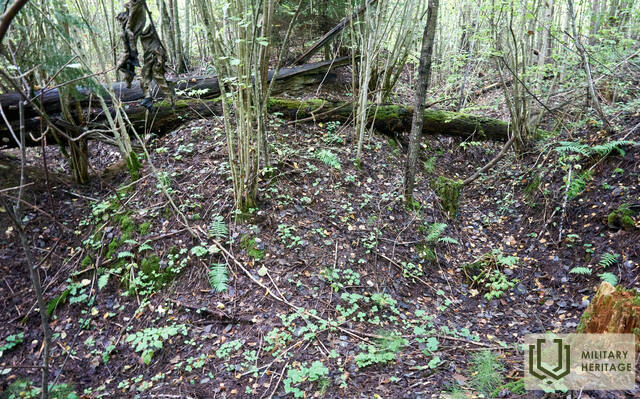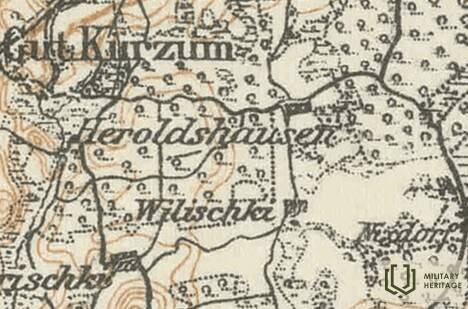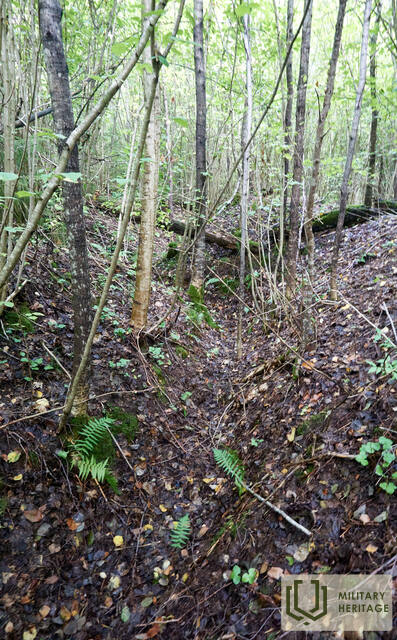On giving place names during wartime
When the troops occupied the area, it was not always possible to find out the name of the specific houses, skrajciems or sajja. The local population had been evacuated and there was no one to ask, so Germans tend to give places their own names. The story of the house in Wilischki has been preserved. In his memoirs, the commander of the pioneer company, vice-feldfebel Koch, who had attended the reserve officers' course, writes that one of the artillery units was stationed near the house.
The battery commander Willi did not know the name of the houses, so he named them after himself, adapting to the specifics of local place names. Since Lithuania is nearby, it is not uncommon for place names to have the ending "-ki" (Biruliški, Kamariški, Ragauniški). In this case, Viliški (German - Wilischki) came together. This place name was also included in the maps of the division and later also in the map Karte des westlichen Russlands (Map of Western Russia, scale 1:100,000) issued by the German military cartographic service. This place name is no longer found on later post-war maps. Currently, the location corresponds to the location of the house Brothers.
Often, places had known names, but they were changed to make the pronunciation more comprehensible to foreign powers. For example, the name of the houses "Lejas Ķuzani" is written as "Лес-тюзанъ" on the map of the Russian Empire, but on the map issued by the Germans it is already Lje Tyusan, and this name is also printed on postcards sent from the Daugava front to Germany.
Another story is with a settlement and a hill called Zeltas Kalnas. Currently, this is the name of the village in Medumu parish. During the World War, the hill was called the Golden Mountain, which was a strategically advantageous place (key terrain). At that time, it was possible to see the enemy's positions at a great distance from Zelta Kalnas. Fierce battles have taken place over the hill and it has changed sides several times. In July 1917, one of the so-called death battalions (battalions where officers and soldiers who insisted on continuing the war with the Germans even after the revolution) volunteered for the attack here. Evidence of these battles can still be found today. On July 7, 2004, during earthworks, the remains of the dead were found in Juneli, Medumu parish. It is possible that it was the former cemetery where the Russian soldiers who died in the battles of the Golden Hill were buried. The remains of the dead were reburied in the brothers' graves near the village of Līkais tilts.
This is one of the examples in toponymy when wartime events give rise to a place name that becomes permanent.
Nowadays, the trenches around the hill, as well as the approach trench from the German side, remain on the Golden Hill. The trenches are relatively deep and their broken profile is clearly visible, which was a typical defense solution and is actually not outdated even today.







